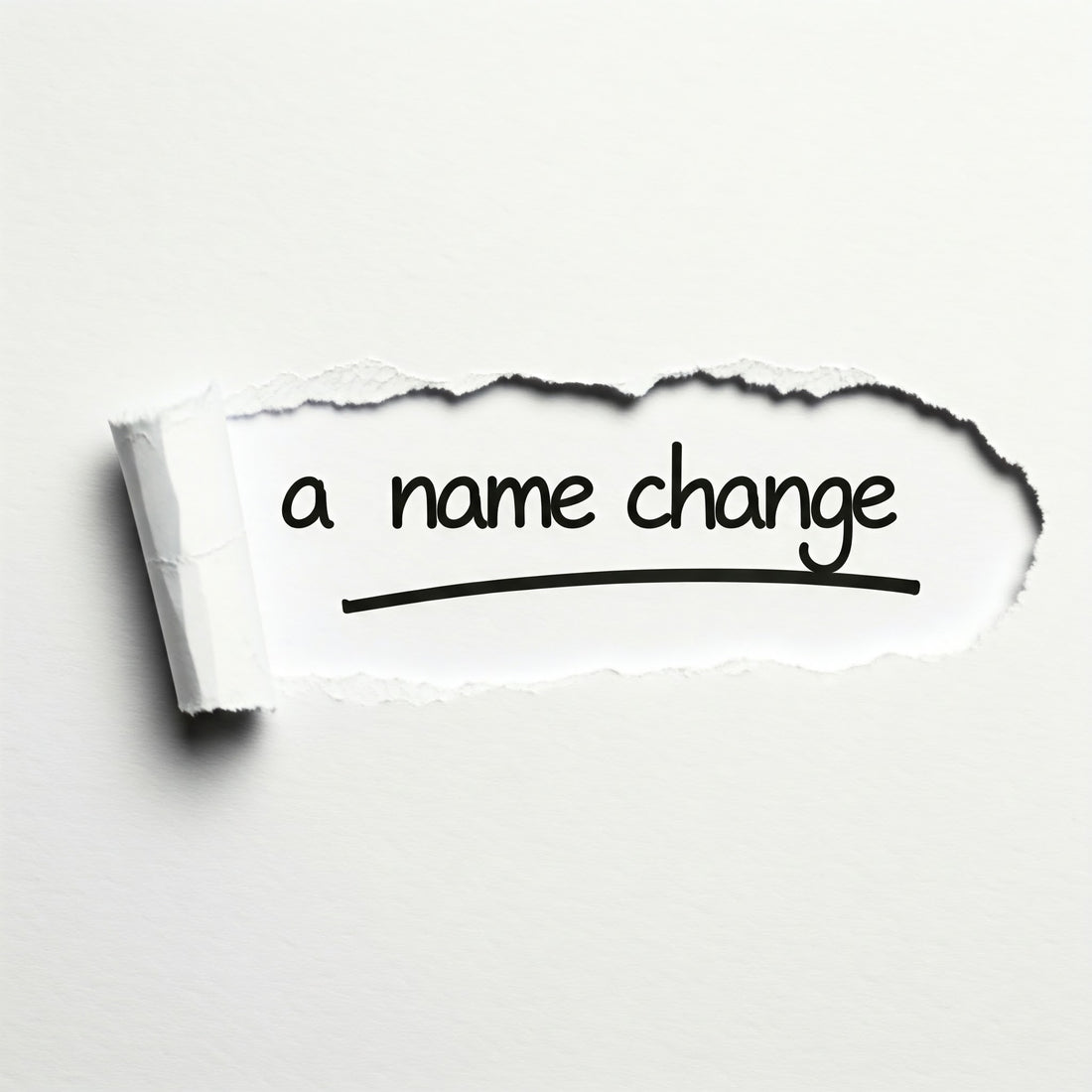
Why I changed how I spell my name
Share
Why I changed how I spell my name
When I was born my parents officially named my Michael Kovari. This is on my Australian Birth Certificate.
My parents, like many refugees and immigrants, wanted to leave behind the troubled times in their homeland. This resulted in a distancing from not just the land, but also the culture.
To some extent. I was lucky enough to grow up speaking Magyar (Hungarian) at home. I was surrounded by a Magyar microcosm on Gadigal Land (what is today know as Sydney).
But the distancing did mean following local, colonial, customs. So I was given an ‘English’ name, Michael. Which doesn't exist in Magyarország (Hungary), except in its Hungarian version: Mihály. And my last name lost its diacritics (otherwise known as accents - the little lines and dots above the letters).
Since I was born, I was called the name pronounced as ‘mi-kee’. There wasn’t much need to spell it before I was 18. Except on birthday cards and Christmas presents. And on those, it was usually spelt Miki by my Magyar family members.
I never gave it much thought.
Until I started to decolonise my mind and connect as deeply as possible with my cultural roots.
Then I realised, Miki, is the Magyar way to spell my name. So I changed the way I spelled my name.
I also thought I would use the diacritics/accents where possible.
The point is to decentre the dominant and globalising culture. To not conform to the easy status quo that erases unique cultural differences (like accents and non anglo spelling). To express my culture as fully as possible and to share its uniqueness and beauty.
So according to ‘Australian’ official authorities (NSW Registry of Births, Deaths, and Marriages) I’m still Michael Kovari. In Magyarország, I’m officially Michael Kővári.
Unofficially, I’m Miki Kővári.
Pronounced mi-kee kœ-va-ree*.
Just call me Miki :)
*More details on how to pronounce Kővári:
- Kő: The "Kő" part is pronounced as "kœ" or "kø". The sound is similar to the "eu" in the French word "peur" or the "ö" in German "schön".- vá: The "vá" part is pronounced as "va" with a long "a" sound, similar to "vaa".- ri: The "ri" part is pronounced as "ree". So, put together, "Kővári" would be pronounced something like "Kœ-va-ree" or "Kø-va-ree". The "ő" is a long vowel, so it should be slightly drawn out.